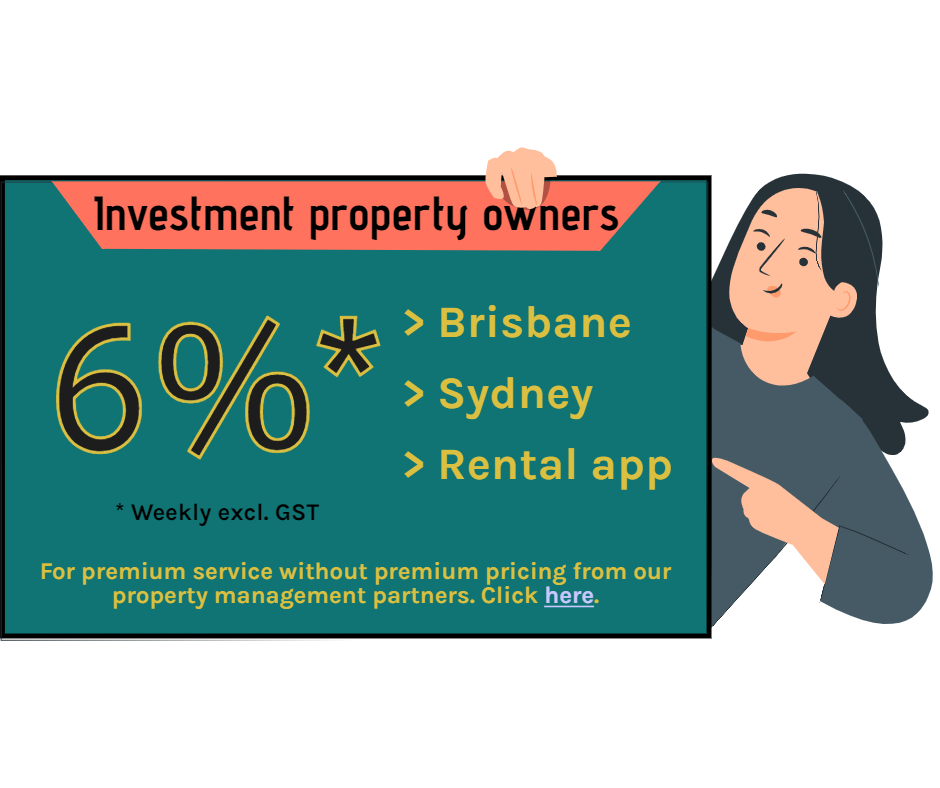How to avoid raising interest rate on your home loan
For many Australian mortgage borrowers, 3 out of 4 according to the Federal Productivity Commission, our 'set and forget' mentality is costing us thousands of dollars and our financial future.
When we need a home loan, regardless if it's to purchase or refinance a property, we tend to go to our existing banks as we feel that we have a relationship with either the brand or branch and occasionally with particular staff members themselves.
Even after the Banking Royal Commission confirmed what we all knew - banks don't have our best interest at heart. Most of home loan borrowers stayed loyal and as a result continue to miss out on a better financial outcome for our future selves and anyone directly impacted by our choice.
Typical scenario re-run for someone taking a mortgage, they go to their bank or broker and get the best deal (and only if they happen to ask) on offer at that time. Once the loan settles, they start making their repayments and only ever revisit their mortgage finance when looking to buy a new property or needing access to equity in-order to undertake home improvements or consolidate debt or buy another asset.
At this point, like most borrowers, they volunteered themselves to become another victim of Interest Rate Creep. You may be thinking, what is Interest Rate Creep and how not to fall victim! Well, read on;
Even though the RBA's underlying cash rate has been at an unprecedented low level since August 2016, most lenders gradually increase their home loan rates out of the RBA cycle and over time claw back some of the rate cuts they pass on.
The reasoning given for these slight increases over time includes, 'bank funding pressure', 'increased regulatory cost', and of course 'maintain shareholder value'.
These minor increases over time are referred to as Interest Rate Creep in the finance world. A better description would be what the media calls, "Bank Loyalty Tax".
Once you become an existing borrower, after being with the lender for a couple of years, you will most likely get a letter, advising of an impending rate increase and as it will seem like a relatively small percentage, you'll simply read and forget the pending increase.
Sadly, these small increases add up over time and according to the Australian Competition & Consumer Commission can potentially cost your financial future up to $31,320 over the life of your mortgage.
What can you as a borrower do to take this power back in your favour?
The answer is simple, you could spend your precious time actively reviewing your home loan on regular basis for these slight increases, then you will need to call your bank, wait for an offshore call centre to answer, and then ask them to offer a better rate, which is not guaranteed.
This requires time away from things that matter more to us and as our lives get busier the banks rely on our 'set and forget' attitude to get away with the majority of borrowers not reviewing their mortgages proactively.
The solution, what if there was an automated system that compared and managed your rate reviews for free while you spend your time enjoying life! What if I told you, that's exactly what loansHub tech does for its clients?
We're empowering home loan borrowers with smart technology to beat banks with free automated rate reviews over the life of their mortgage.
How does it work?
When your home loan settles through us, our smart platform kicks in and actively monitors your loan against our panel. It prompts you to consider a new lender when the cost-benefit of refinancing gives you a financial advantage.
You will always get the best possible home loan over the life of your mortgage without having to waste time calling banks or making broker appointments.
While some of the other online mortgage originators provide single lender loans, loansHub has over well 30 lenders on our panel, this means we'll always find the right home loan for your situation using our Mortgage Manager service.
To learn more about empowering yourself, you can also read our free guide on beating the banks and getting a better home loan.



